What is ALS?
Amyotrophic lateral sclerosis (ALS) is a disease that weakens the muscles we use to move, swallow and breathe. It can, in some cases, also cause changes in behavior and thinking. The effects of ALS grow more severe over time and eventually become fatal. The symptoms and progression of ALS may vary greatly from person to person, which can make the disease difficult to diagnose, manage and treat.
There is no cure for ALS yet. But the pace of research has significantly increased in recent years, and organizations like the Les Turner ALS Foundation are ready to provide help and support to people living with ALS, caregivers and everyone affected by the disease.
- Care at multidisciplinary centers such as the Lois Insolia ALS Clinic has been shown to prolong survival and improve quality of life.
- There are FDA-approved treatments that can slow the progression of the disease, and more are in the pipeline.
- Several clinical trials and studies are open for enrollment at the Les Turner ALS Center at Northwestern Medicine.
- The Les Turner ALS Foundation's support services team can provide emotional support, answers and access to educational resources.
The most important thing to know is that you are not alone in fighting ALS. We're here for you every step of the way.
How long do people live with ALS?
The average survival for someone with ALS is two to five years. However, it is very important to note that ALS progresses at different rates in each person. Some people with ALS survive five to ten years or more. Scientists have made a great deal of progress understanding the disease in recent years, but there is still much that we need to learn, which makes it difficult to predict how ALS will affect each individual.
Although there is no cure yet, there are things that people with ALS can do right now to help maintain and improve their quality of life. There are FDA-approved treatments that can slow the progression of the disease, and clinicians at multidisciplinary centers like the Lois Insolia ALS Clinic have expertise in pulmonology (breathing) and neurology (the brain, spinal cord and nerves) that can help improve health and extend survival.
Connect with our ALS support services team to learn about support options and how to work toward the best quality of life for you and your loved ones.

What treatments are available for ALS?
Decisions regarding medication should be made in consultation with your doctor and should be part of a comprehensive treatment approach. There is no cure for ALS, but several therapies have been approved by the FDA to slow or treat symptoms.
Rilutek was the first FDA-approved medication for the treatment of ALS, approved in 1995. It has been proven to modestly increase lifespan. It is available as Riluzole (pill form), Tiglutik (liquid form) and Exservan (oral film form) by prescription.
Nuedexta was approved by the FDA in 2011 to treat pseudobulbar affect, a symptom that can occur in ALS and other neurological conditions, which is characterized by uncontrollable laughing and crying.
In 2017, the FDA approved Radicava, an infusion treatment from Mitsubishi Tanabe Pharma America. It is also known as edaravone. According to the FDA, the pivotal clinical trial for Radicava in Japan showed a 33% slowing of loss of function in participants as rated on the ALS Functional Rating Scale. In 2022, the FDA approved Radicava ORS (liquid form) which can be taken orally or via feeding tube.
In 2022, the FDA approved Amylyx’s Relyvrio, an oral therapy shown to extend survival by four months or more, and slow decline in function by as much as 25%.
In 2023, the FDA granted accelerated approval of Biogen’s Qalsody for SOD1-ALS. It is the first FDA-approved treatment to target a genetic cause of ALS. Study results suggest that an early start and extended use of Qalsody may help stabilize muscle strength, respiratory function and quality of life. Qalsody is administered intrathecally (through a spinal injection).
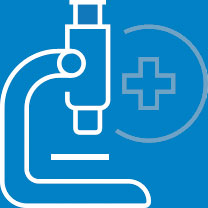
Are there ALS clinical trials or research studies?
The Lois Insolia ALS Clinic at the Les Turner ALS Center at Northwestern Medicine is actively involved in several multi-center drug trials. Clinical research in ALS encompasses a broad range of work, including biomarker studies, open label therapeutic studies, natural history studies and clinical trials.
There are a number of ongoing clinical trials in ALS that have the potential to slow down disease progression and/or manage symptoms.
Choosing to participate in a study is an important personal decision. We encourage you to talk with your doctor and family or friends about deciding to join a study.
The Les Turner ALS Foundation provides:
Comprehensive multidisciplinary care at the Lois Insolia ALS Clinic at the Les Turner ALS Center at Northwestern Medicine
Personalized virtual care visits and care coordination meetings with ALS support services coordinators
Access to enrollment in ALS clinical trials and dedicated clinical trial coordinators
Equipment loans and grant programs to help cover the costs of home modifications, equipment, respite care and transportation
Online support groups for companionship, emotional support, practical guidance and more
Shared decision-making support for issues like breathing and nutrition
ALS information guides on a wide range of topics, collecting decades of knowledge and experience from ALS care teams
Monthly ALS Learning Series webinars with Q&A sessions
Funding for ALS research into causes, treatments and cures for the disease
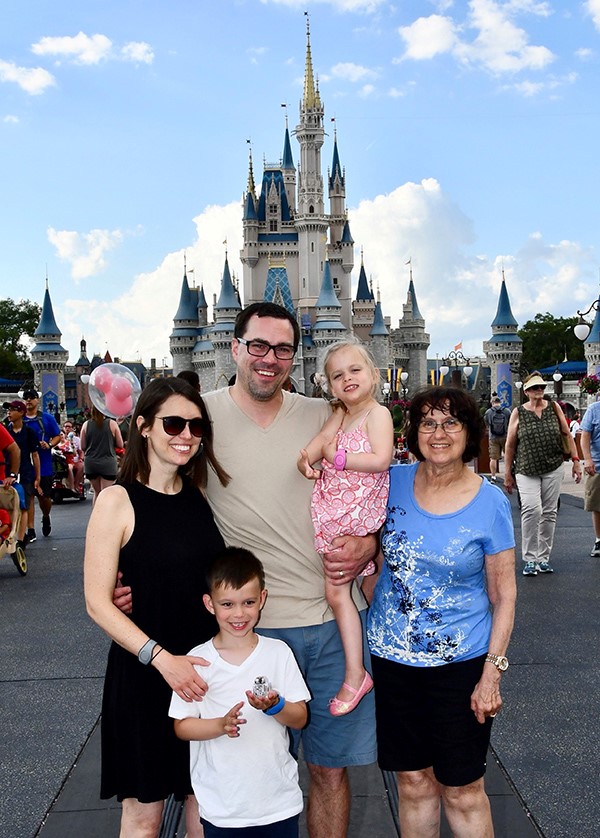
Who gets ALS?
Researchers think that genetics, environment, and age play a role in the development of ALS. However, the cause of ALS is not yet known, and scientists do not know why ALS strikes some people and not others.
As of 2017, there were an estimated 32,000 people living with ALS in the U.S. While technically considered a “rare disease,” researchers predict an individual’s life time risk of acquiring ALS is about 1 in 300 by the age of 85.
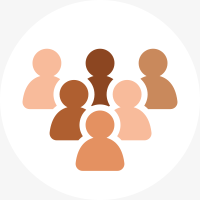

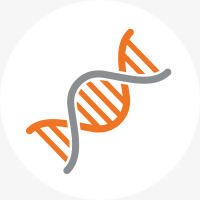
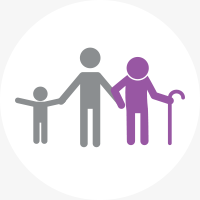


What are the symptoms of ALS?
While no two people with ALS are alike or will progress the same way, an ALS care team can help people manage their symptoms and offer access to therapeutic treatment and clinical research.
ALS can cause:
weakness
in the arms and legs
twitching and rippling sensations
under the skin (known as fasciculations)
muscle tightness and cramping
(which may cause pain)
problems with breathing and extreme tiredness
difficulties with speech, swallowing and saliva
ALS may cause:
changes in thinking and reasoning
changes in behavior
such as crying, laughing or yawning too much (also known as pseudobulbar affect)
frontotemporal dementia (FTD)
a rare but more severe form of changes to behavior and thinking
ALS usually does not affect:
senses
sight, hearing, smell, touch and taste are typically unchanged
bladder
although mobility problems can make it more difficult to get to the toilet and some people have a more frequent urge to urinate
bowels
although lack of mobility, nutrition and breathing problems can cause constipation
sexual function
people living with ALS can continue to enjoy intimacy with their loved ones, though some adaptation will be needed as the disease progresses

How is ALS diagnosed?
It may take time to receive a diagnosis of ALS, as there is no single, definitive test. Often, tests will be administered to rule out illnesses with similar symptoms. These may include a magnetic resonance imaging (MRI) of the brain or spinal cord, an electromyography (EMG) study of nerve and muscle function, and a variety of blood and urine tests.
After reviewing these test results and medical history, and performing a complete neurological exam, a neuromuscular neurologist can usually reach a diagnosis.
It may take several months of observation and retesting to reach a definitive diagnosis, which should be confirmed via a second opinion from another neuromuscular specialist.
How can people living with ALS take control of their own care?

Clinic visits provide a lot of information. It can feel overwhelming and it can be difficult to remember specific questions for your care team. We encourage you to prepare for your ALS clinic visit by making lists of the different ways ALS is impacting you and writing down specific questions. We suggest bringing a notebook and pen and asking a family member or friend to take notes.
There may be several people who participate in your care and new ones may be introduced along the way. We recommend using a tool like the My ALS Communication Passport to Quality Care to record information about your day-to-day routines, such as how you wish to communicate and obtain nutrition and hydration, your preferred method of pain/anxiety management and your personal likes and dislikes.
Many people find a peer support group to be a safe space to help navigate and manage the difficulties in their lives. Faced with similar challenges, participants of support groups understand, on a deeper level, what other members are feeling and experiencing without the need for explanation. The Les Turner ALS Foundation offers support groups online at no cost for people living with ALS and caregivers.
Our ALS support services team is a phone call, an email, or a video chat away to provide you with answers, ideas and suggestions from several decades of working with people living with ALS and their families.

“There are resources available for both the person living with ALS and the family, so use them. Don’t be shy! Ask questions.
"Don’t stress the small stuff and know that there is help for the big stuff.”
What other services are available from the Les Turner ALS Foundation to support me and my loved ones?
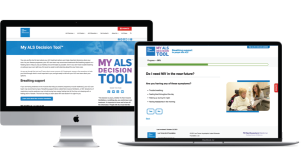
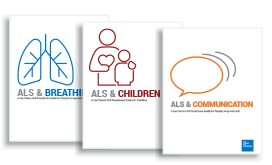
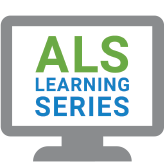
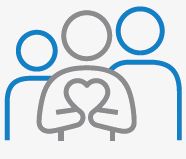
Citations:
Miller, Robert G., et al. "Practice parameter update: the care of the patient with amyotrophic lateral sclerosis: drug, nutritional, and respiratory therapies (an evidence-based review): report of the Quality Standards Subcommittee of the American Academy of Neurology." Neurology 73.15 (2009): 1218-1226.
Weisskopf, M. G., et al. "Prospective study of military service and mortality from ALS." Neurology 64.1 (2005): 32-37.
Martin, Sarah, Ahmad Al Khleifat, and Ammar Al-Chalabi. "What causes amyotrophic lateral sclerosis?." F1000Research 6 (2017).
